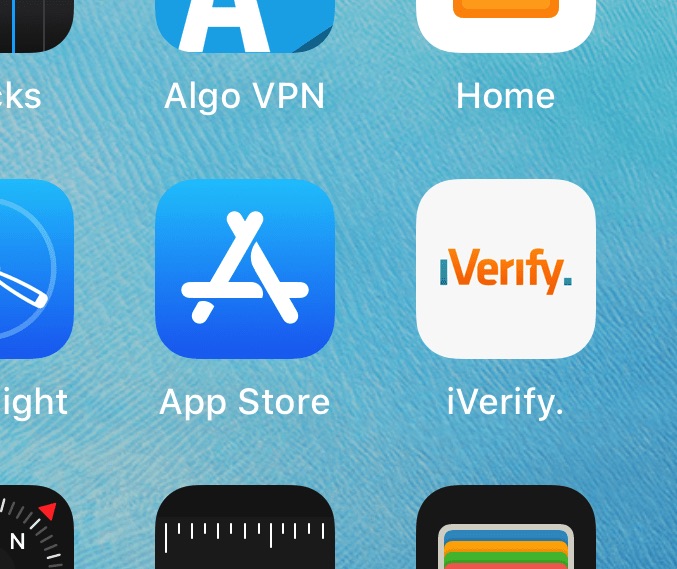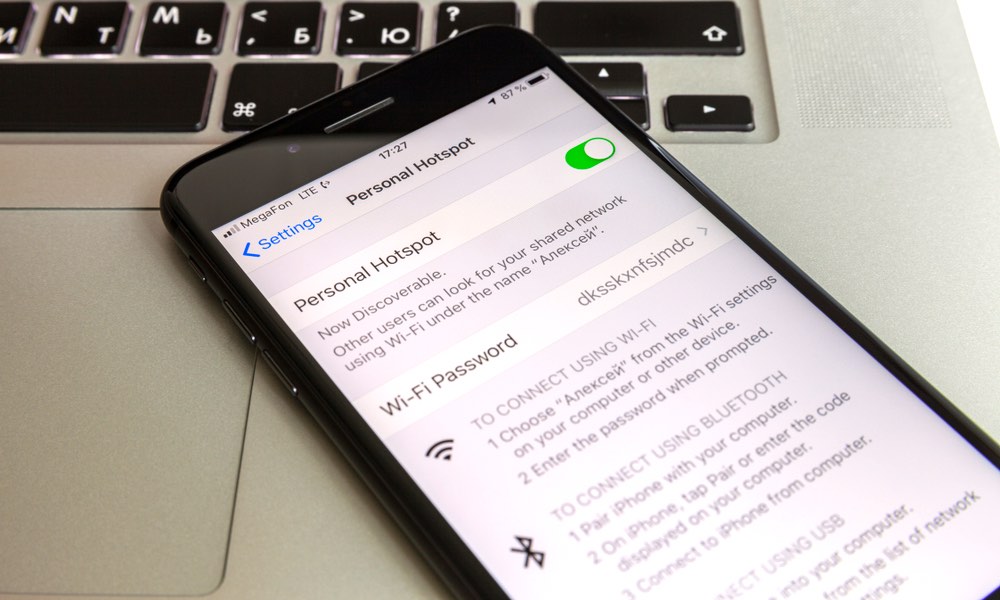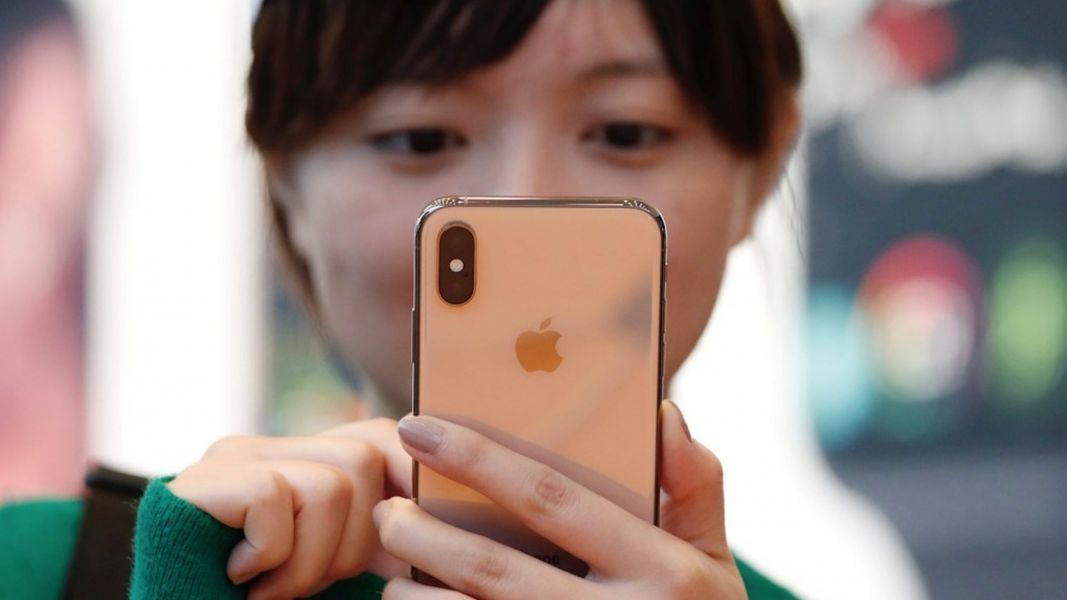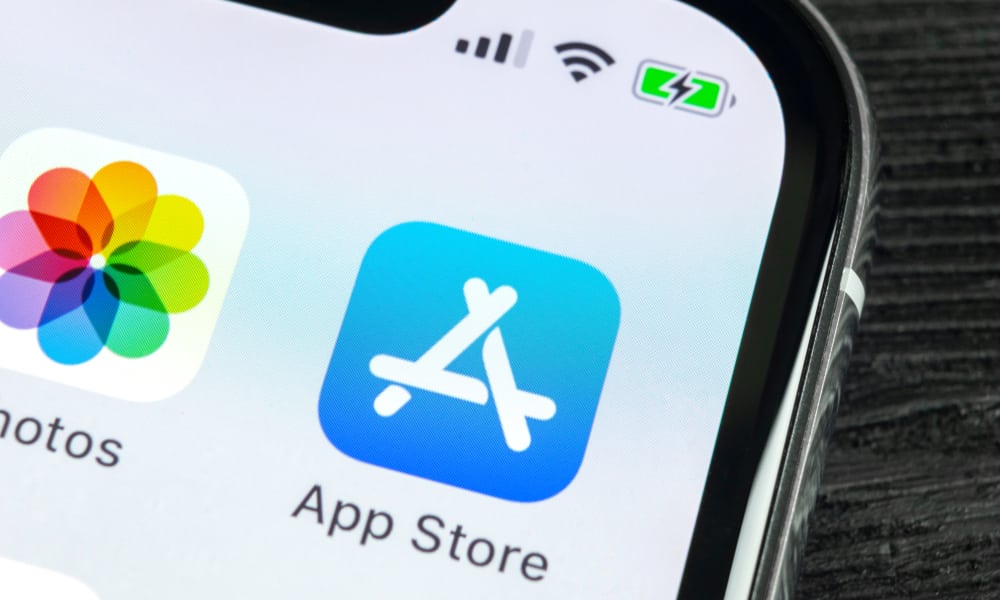9 Types of Apps That Are Banned from the iOS App Store
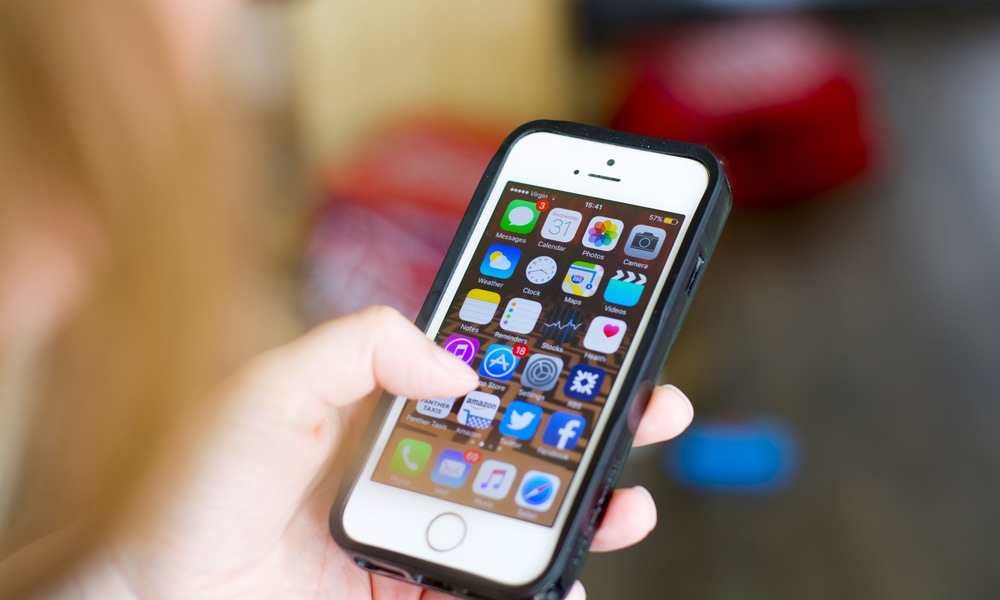 Credit: N Crittenden / Shutterstock
Credit: N Crittenden / Shutterstock
Whatever you want or need to do on your iPhone, there’s probably an app for it. Apple’s App Store is legendary for the variety and the sheer amount of apps that it offers.
That being said, there are still plenty of apps that you won’t find on the App Store for one reason or another. While the list can get a bit encyclopedic, here are nine examples of apps that Apple banned from its app marketplace. Continue reading to learn 9 Types of Apps That Aren't Allowed on the iOS App Store.
Vaping Apps
Amid a public backlash against vaping, Apple is taking steps to crack down on apps related to it. Back in June, the company updated its Review Guidelines to indicate that vaping-related apps were no longer allowed on the App Store.
And this month, Apple took another step toward that goal by removing all existing vaping-related apps from the App Store. In a statement, Apple said it pulled the apps in an effort to mitigate the “risks to users’ health and well-being.”
Crypto Mining Apps
Apps related to cryptocurrency are still allowed on the App Store — with one notable exception. Back in 2018, Apple banned any apps that covertly used system resources in the background, which included many cryptocurrency mining apps.
That’s probably for good reason. Many apps secretly used user devices to mine cryptocurrency in the background, often placing a serious toll on system resources. In some cases, the mining was so aggressive that it even physically damaged the device itself.
Apps with Unsigned Code
Apple generally removes or rejects apps that are designed to use any type of unsigned code. That could include malware or other malicious apps — but it also includes platforms like emulators.
Pretty much, that includes any app that lets users emulate or run another operating system. Some notable examples include iDOS, an app that could emulate DOS programs and games. Apple actually initially approved that app before pulling to shortly after.
Security Apps
Because of Apple’s privacy and security policies, you’d expect the company to be in favor of third-party security apps. On iOS, that isn’t the case. While most users don’t need a security app for their iPhone, there also aren’t that many available because of App Store restrictions.
To be clear, it isn’t that Apple is against security apps. But because of the way they function, many of them would require deeper access than Apple is comfortable giving to third-party apps. The tide may be charging, however, with the recent approval of a third-party security toolkit called iVerify.
Tethering Apps
There was a time when tethering — or using your iPhone as a mobile hotspot to share data — was more complicated and expensive than it is now. That lead some developers to create apps that allowed users to circumvent carrier side tethering fees.
Some of those apps included iTether, Handy Light and NetShare. While all of them were initially approved by Apple’s review process, they were also all later banned by Apple in the early 2010s. Why? Apple says that the apps “burdened” the carrier networks.
Apps That Incentivize Users
If you’ve been an App Store user for a while, you may have noticed a drop in the number of apps that incentive you to watch ads or share links on social media. That isn’t because those methods aren’t still popular with freemium software — it’s that Apple began cracking down on it.
In 2014, Apple began rejecting apps that implemented some of these tactics. That includes any game or app that provides “in-game currency, extra lives or another incentive.” Notably, some of the apps that incentivized users included major titles like Candy Crush.
Non-Native Gambling Apps
In many parts of the world, gambling apps aren’t actually banned from the iOS App Store. But this year, Apple issued an interesting update to its guidelines that cracked down on certain types of gambling apps — and the situation is more nuanced than you might expect.
That update required that gambling apps (or apps that provide access to real money gaming) must be built natively for iOS. While that may sound like a given, many existing gambling apps were actually just HTML5 websites stored within a “wrapper” or container. That was a faster and quicker way to push out gambling apps, but is now no longer allowed.
VPNs (In China)
We generally recommend that everyone install and use a VPN on their various devices to help protect their online privacy and security. But there is a major population that just won’t be able to do that: users in China. That’s because VPNs are completely banned in China.
While there are ways to get around that regulation, Apple has played along by not allowing any type of VPN-related app onto the Chinese App Store. That even includes apps that recommend the usage of VPNs, like the iVerify security app mentioned in an earlier slide.
Malware, Spyware & Copycats
As you might expect, Apple doesn’t allow any type of malicious software in its App Store. But the extent to which Apple protects its users with App Review guidelines is still worth taking a look at — especially since some apps use clever methods to try and fool users.
The list includes apps that masquerade as other popular titles, apps that install root certificates, or apps that unnecessarily extract user data. It also includes apps that otherwise appear legitimate but try and fool the user into making in-app purchases with devious tactics.




